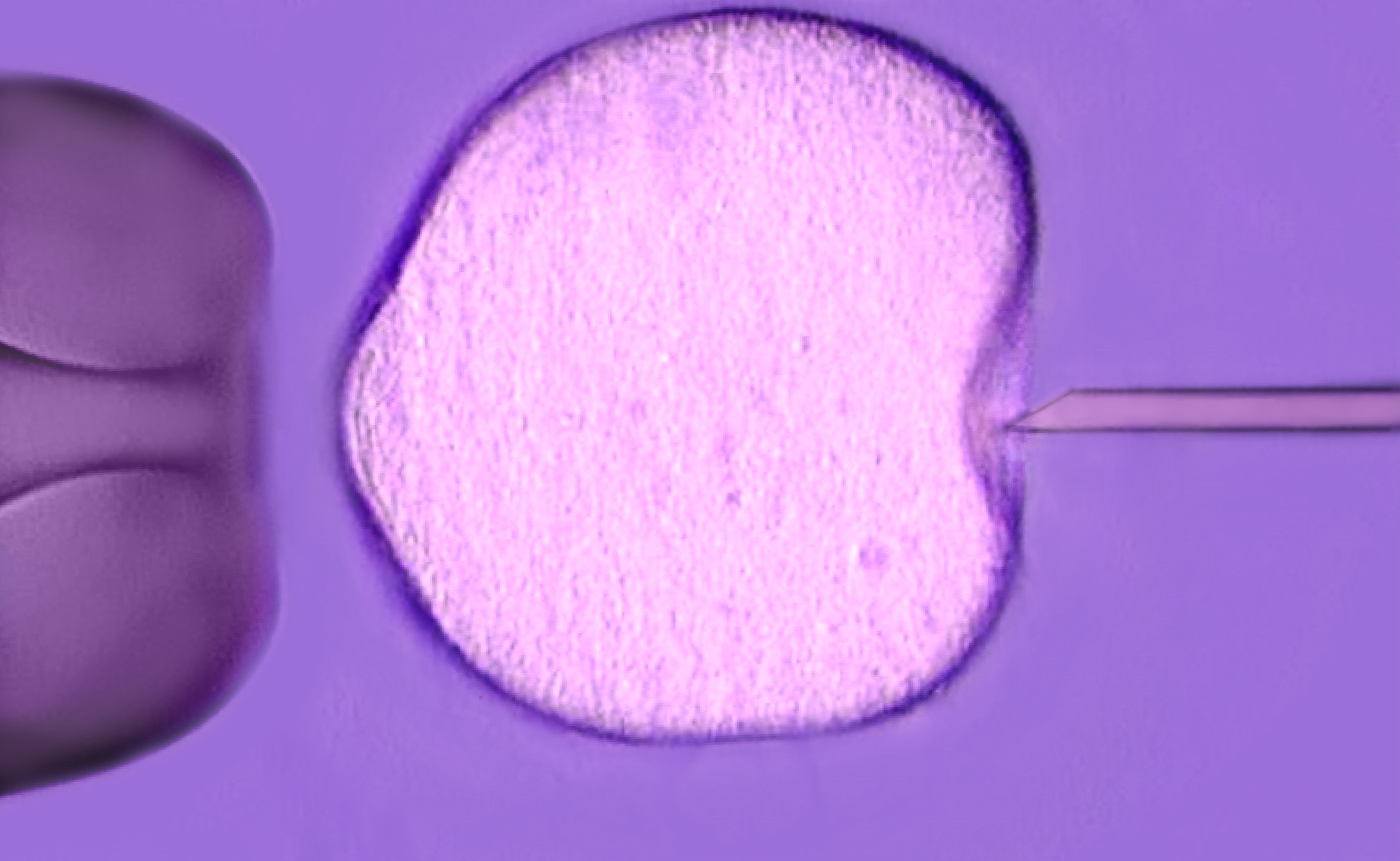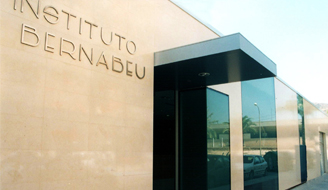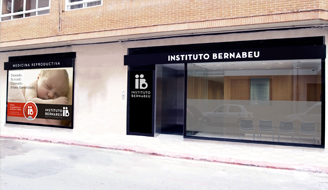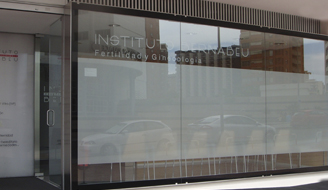Instituto Bernabeu analyses if the number of ova obtained following stimulation has an impact on embryo quality
Does the number of oocytes obtained following ovarian puncture have an impact on embryo quality? This is the question that a team of researchers from the Embryology Departments at Instituto Bernabeu in Alicante and Albacete and the genetics laboratory at Biotech asked themselves as they proceeded to study the results obtained in almost 400 cycles of in vitro fertilisation (IVF) and intracytoplasmic sperm injection (ICSI). The research work was presented in poster format at the Association for the Study of Reproduction Biology (ASEBIR) Congress, a gathering attended by leading global experts. The research was based on the relationship between the number of oocytes obtained following ovarian puncture and the results of IVF treatment.
The average age of patients was 36.6 years and the sperm samples were taken from men with normal semen (normozoospermic).
The aim of the research was find out more about blastocyst quality and also the number of class A or B embryos (the highest possible category based on ASEBIR criteria) that are suitable for transfer or vitrification depending on the number of ova obtained.
Further to analysis of the different variables, the researchers concluded that the greater the number of oocytes, the lower the percentage of suitable embryos. The results led to a recommendation by the researchers to adjust the gonadotropin dose in patients in order to avoid generating an elevated number of oocytes that does not equal improved embryo performance.
¿Influye el número de ovocitos recuperados tras punción ovárica en la calidad embrionaria en cultivo largo?
N. Ruiz, I. Ochando, J. Ten, J.A. Ortiz, L.Luque, M.A. López, R. Bernabeu.









